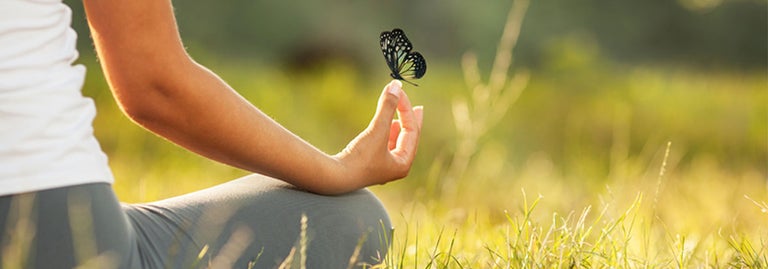Did you know that at least 350 million people live with depression, and it is the leading cause of disability worldwide?.
Depression is a burden that affects not only the person at the centre of it, but their loved ones too. Yet many of us are in denial. Depression remains hidden – not treated or talked about. The end result on a global scale is staggering. Almost 1 million people take their own lives each year. And for every person who commits suicide, there are 20 or more who make an attempt.
Depression is treatable but, according to the World Health Organisation (WHO), most people with depression or any other mental health issue for that matter do not receive the care and support they need. That’s why October 10 every year has been declared World Mental Health Day when 150 countries focus on what we, as a society, can do better in the way of education, awareness and advocacy.
In New Zealand, this day is part of the larger Mental Health Week. This year the nationwide event will run from 10–16 October and the 2016 theme is about how connecting with nature benefits your health and wellbeing.
Mental Health Week aims to activate, educate and engage Kiwis about mental health through a week of interactive events across the country including an official launch, community festivals, art exhibitions, music, theatre and seminars.
From its beginnings in 1993, the week has grown to encompass hundreds of events and a multitude of individuals, community groups and service providers throughout the country. Much of the effort of running Mental Health Week comes from dedicated volunteers committed to promoting mental wellbeing, furthering knowledge about mental health and eliminating the stigma surrounding mental illness.
Healing Invisible wounds
Depression is only one spoke in the mental health umbrella. There are so many others, ranging from all levels of anxiety through to schizophrenia, substantially impairing an individual’s ability to function at work or school or cope with daily life. Once largely a hidden burden, we are now seeing high profile people from all around the world standing up and speaking out in order to help others. Recognition like this is a giant step towards acceptance, help and healing.
If you have symptoms of any sort of mental disorder, consult your doctor. Alternatively, recognise mental disorders among your family and friends and encourage them to seek help. And most importantly, understand and support people with a mental illness.
There is plenty of help and guidance available. Try mentalhealth.org.nz or the Ministry of Health as well as these following helplines:
Helplines
- The Depression Helpline (0800 111 757)
- Healthline (0800 611 116)
- Lifeline (0800 543 354)
- Samaritans (0800 726 666)
- Youthline (0800 376 633)
- Alcohol Drug Helpline (0800 787 797)
No-one chooses to have any sort of mental health issue but Mental Health Week promotes social and emotional wellbeing to the whole community. The aim is to encourage people to maximise their health potential, enhancing the coping capacity of communities, families and individuals. By strengthening the support system and talking openly, we have a much better chance of increasing mental health recovery. And isn’t that what we all want?


Share this article